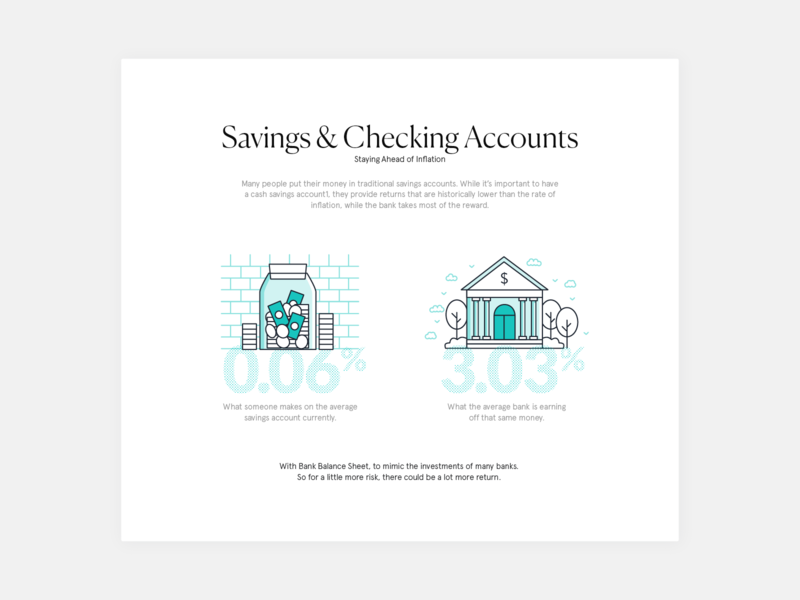The Repercussions Of Stopping Working To Satisfy An Efficiency Bond
The Repercussions Of Stopping Working To Satisfy An Efficiency Bond
Blog Article
Uploaded By-
When a guaranty issues an efficiency bond, it guarantees that the principal (the event who purchases the bond) will fulfill their obligations under the bond's terms. If the principal stops working to satisfy these responsibilities and defaults on the bond, the guaranty is accountable for covering any type of losses or problems that result.
1. Loss of online reputation: Defaulting on a performance bond can harm the principal's credibility and reliability, making it more challenging to safeguard future business or financing.
2. Legal and administrative prices: The surety might need to pay lawful and management prices related to pursuing the principal for problems or trying to rectify the circumstance.
3. https://howtomakeonlinebusiness06284.dailyhitblog.com/39273228/guaranty-agreement-bonds-vs-insurance-trick-distinctions-and-similarities : The guaranty might need to cover the price of completing the job or giving the services that the principal failed to deliver. This can lead to considerable economic losses for the guaranty.
4. Raised costs: If the principal has a history of back-pedaling performance bonds, they might be needed to pay higher costs in the future to obtain the needed bonding.
Generally, defaulting on an efficiency bond can have serious economic repercussions for both the principal and the surety. It is necessary for principals to carefully consider their obligations and guarantee they are able to meet the terms of the bond to stay clear of these negative end results.
Defaulting on an efficiency bond can be an expensive error for companies. When you stop working to fulfill the bond's responsibilities, the economic effects can be considerable. From paying the full bond total up to potential legal fights and damaged partnerships, the repercussions can reverberate throughout your service procedures. Understanding the elaborate internet of economic effects that back-pedaling a performance bond can have is essential for securing your company's economic wellness and track record.
Financial Penalties for Defaulting
If you default on an efficiency bond, you'll likely deal with substantial financial penalties. These penalties can vary depending on the terms of the bond arrangement yet often include paying the bond amount in full to the obligee. This suggests that if you fall short to accomplish your contractual commitments, you need to pay the bond total up to the task owner or the entity that needed the bond.
In addition, you might also be responsible for any extra costs sustained by the obligee because of your default, such as finding a replacement contractor or covering job hold-ups.
Back-pedaling an efficiency bond can additionally cause lawful charges and court expenses if the obligee makes a decision to take lawsuit versus you to recoup the bond quantity. These costs can rapidly accumulate, additional exacerbating the economic effect of your default. It's essential to thoroughly evaluate and comprehend the terms of the performance bond to stay clear of these serious punitive damages.
Effect On Service Capital
Back-pedaling a performance bond can substantially impact your company capital, affecting economic security and functional capabilities. When you default on an efficiency bond, you risk shedding the bond amount, which can be a considerable sum. This loss straight influences your cash flow, as you'll require to discover different resources of funding to cover the bond amount. In addition, failing can result in increased examination from sureties, making it tougher and more expensive to protect bonds in the future. https://ctexaminer.com/2022/07/28/allegations-of-sexual-assault-hit-and-run-lead-to-suspensions-of-two-state-police-troopers/ can better strain your cash flow as you may require to designate extra sources to satisfy bonding needs.
The effect on your cash flow doesn't stop there. Defaulting on a performance bond can also cause task hold-ups or cancellations, causing a loss of income. Furthermore, the adverse track record that features skipping can hinder potential customers, further lowering your cash flow. On the whole, defaulting on an efficiency bond can have detrimental results on your service's financial health and capability to run smoothly.
Legal Implications and Lawsuits
Facing lawful implications and potential suits as a result of defaulting on an efficiency bond can significantly impact your organization's track record and financial standing. When you back-pedal a performance bond, the guaranty business might take lawsuit to recuperate the bond quantity paid out. This could result in pricey legal charges, court expenses, and possible negotiations or judgments against your organization.
Furthermore, back-pedaling a performance bond might bring about harmed connections with customers, subcontractors, and vendors, impacting your capacity to safeguard future contracts. Suits occurring from bond defaults can taint your organization's trustworthiness in the industry, making it challenging to draw in new companions or customers.
Furthermore, if the default causes a court judgment versus your service, it might result in property seizure or liens, further straining your financial security. For that reason, it's vital to comprehend the lawful ramifications of back-pedaling a performance bond and take positive actions to alleviate the dangers included.
Final thought
As you encounter the repercussions of defaulting on a performance bond, remember this: it's like walking a tightrope without a safeguard. bonding surety can send you plunging right into a monetary freefall, with no means to stop the fall.
The financial penalties, capital influence, and legal implications are all waiting to capture you if you mistake. So walk carefully, and constantly honor your commitments to stay clear of the extreme repercussions of default.
